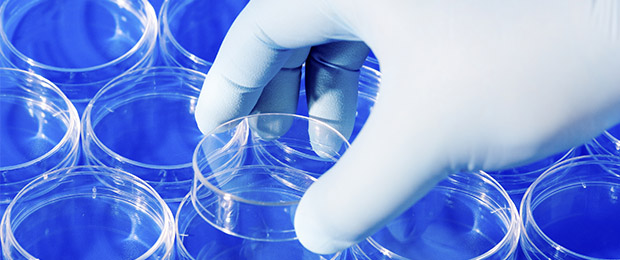Induced pluripotent stem cells (iPS) are “extremely promising for regenerative medicine, personal medicine and discovering new medicines”. However, “whilst avoiding ethical controversies associated with embryo stem cells”, the use of certain genes and viruses during reprogramming is risky and could trigger the onset of cancer. An article by Alan Moy and his team working for Cellular Engineering Technologies in the United States, linked to the John Paul II Medical Research Institute, “describes a new approach to the reprogramming of iPS cells”, which solves this problem because it does not use viruses or oncogenes. Scientists have successfully used this technique to reprogramme skin cells, fibroblasts and iPS cells.
“Our reprogramming method provides specific iPS cells for patients and diseases (…) with a lower risk of oncogene interference,” explained the authors. This is a method which “paves the way to autologous and allogenic therapy that satisfies regulatory requirements”.
Anant Kamath et al., Efficient method to create integration-free, virus-free,and-free human induced pluripotent stem cells from adherent cells, Future Science OA (2017). DOI: 10.4155/fsoa-2017-0028
Phys.org (24/05/2017)

